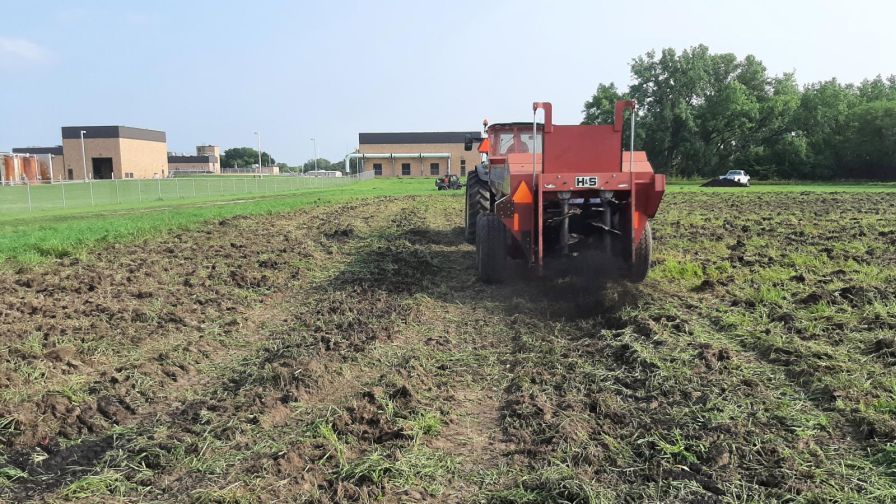Produce Industry Leaders Sound Off on Critical Need for Immigration Reform
The International Fresh Produce Association (IFPA) took the stage at the National Immigration Forum’s 2022 Leading the Way Conference in Washington, DC, this week to elevate immigration as a pillar of agricultural and economic prosperity.
“The fruit and vegetable industry employs 2.2 million workers in all 50 states and added nearly $340 billion to the national output in 2022. We can’t do that without a reliable workforce,” said IFPA CEO Cathy Burns during a fireside chat with Bloomberg Law’s Andrew Kreighbaum. “Without immigration reform that ensures ongoing access to a skilled, dedicated workforce, we can’t grow, or scale, or continue meeting consumer demand.”
Labor shortages have an impact on the supply of fresh fruit and vegetables produced in the U.S.
“Farmers can only grow what they can pick,” Burns said. “Our current immigration system is shackling our ability to increase food production in the United States because our growers are unsure if they will have the workers they need to plant, grow, and harvest crops. Some of our members have actually gone out of business because they can’t get the workers they need.”
In the conversation, Burns called on the Senate to tackle the labor shortages in agriculture and food processing by considering the bipartisan Farm Workforce Modernization Act (FWMA), which passed the House of Representatives in 2021.
“Specifically, FWMA brings certainty to our food supply system, which can lower inflation and the cost of food, and increase American wages,” she said.
Burns explained why immigration reform is a kitchen table issue for consumers.
“The number one concern to the consumer right now is inflation. Those of you who will be shopping for your Thanksgiving meal are going to pay 20% higher than you paid last year,” she said. “With a legal immigrant workforce, you can actually lower inflation and drive up American wages. The time is now to pass the FWMA.”
IFPA members mobilized on Capitol Hill this past week for meetings with Senate offices to discuss the impact of labor shortages on farms of all sizes, from small family-owned operations to nationally recognized brands. Stefanie Katzman, executive vice president of S. Katzman Produce and a member of the IFPA board, told reporters that the lack of a predictable workforce is a significant barrier to a robust and efficient fresh produce supply chain.
“My business as a wholesaler is located in the middle of the supply chain. I speak to hundreds of farmers every day. That’s how I know that the farm labor crisis is not just a farming crisis. It’s affecting the entire supply chain right down to the American consumer,” Katzman said. “In order to make fresh fruits and vegetables affordable and accessible, we need the labor force to be modernized. So we’re asking all Senators, because this has to happen now. We’ve been working on this for months and months, and now we’re down to just days. We’re asking for your support and action, because action speaks louder than words and that’s what we need to get this done.”
IFPA, a leading member of business-based partnerships such as the American Business Immigration Coalition, Agriculture Workforce Coalition, and the Alliance for a New Immigration Consensus, will continue advocating for reform in the lame duck session of Congress.









